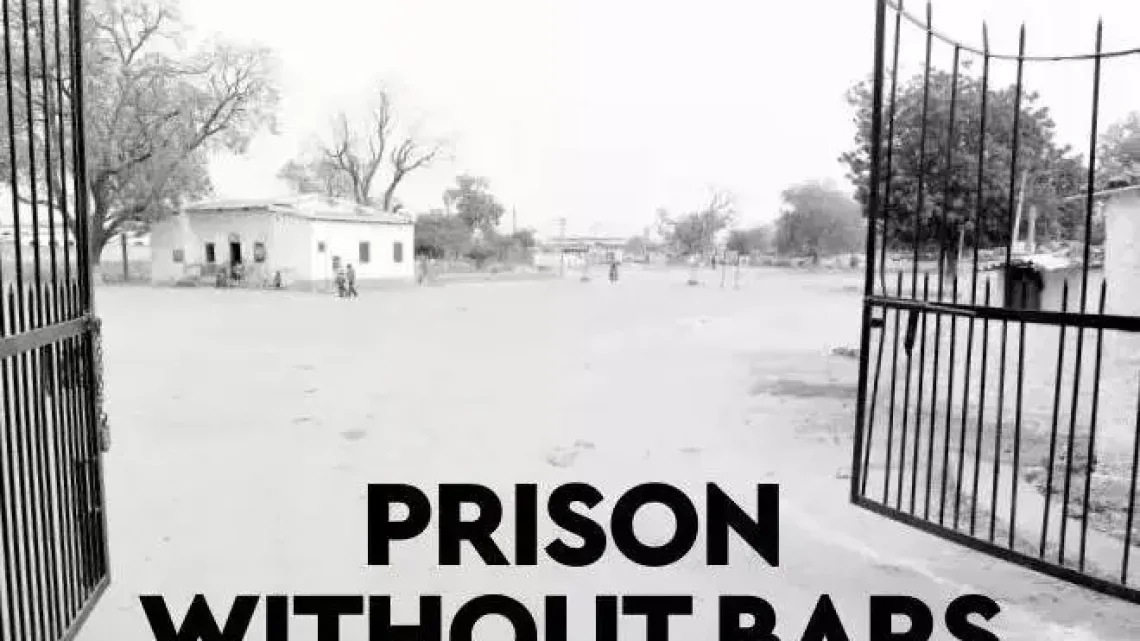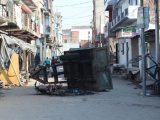
IIOJK’s 2024 Elections: A Farce of Democracy under Occupation
September 12, 2024The phrase, “Democracy under occupation is no democracy at all,” resonates sharply as Indian illegally occupied Jammu and Kashmir (IIOJK) heads into its 2024 Assembly elections. The region’s transformation into a heavily militarized zone undermines any pretense of democratic freedom.
The Indian government has deployed over 900 paramilitary troops and 3,000 additional soldiers, including 500 elite para-commandos, effectively turning Kashmir into a fortress. Such a massive military presence stifles free expression and dissent, casting serious doubts on the credibility of the elections.
IIOJK’s electoral history reflects a troubling pattern. The 1987 elections, plagued by extensive fraud, ignited protests and set a grim precedent for subsequent electoral practices. The current elections seem to follow this pattern, with a heavy-handed approach to control and intimidation.
India’s strategy in IIOJK mirrors colonial tactics, aiming to suppress local political voices while imposing policies akin to apartheid-era South Africa. The ongoing military deployment is justified by officials as a measure for maintaining public order, but it primarily serves to enforce compliance and instill fear.
Demographic changes further complicate the situation. India’s policy of granting domicile rights to non-Kashmiris aims to shift the region’s demographic balance in favor of pro-India groups, reminiscent of apartheid-era racial engineering.
The frequent internet blackouts in IIOJK, reported 630 times between January 2020 and July 2024, highlight another layer of suppression. Officially, these blackouts are claimed to prevent misinformation, but they effectively isolate Kashmiris and stifle independent reporting. This tactic mirrors authoritarian regimes that use censorship to control narratives and suppress dissent.
The international community’s response to IIOJK’s situation has been inconsistent. While the European Union has expressed concern over human rights abuses, it continues its strategic partnership with India. This selective approach contrasts sharply with the condemnation of similar practices in other regions, such as occupied Ukraine, revealing a troubling double standard.
For Kashmiris, these elections represent more than just a political event; they are a stark reminder of their ongoing disenfranchisement. The deployment of paramilitary forces and suppression of genuine political voices are not measures of empowerment but tools of control.
If the international community is committed to upholding democratic principles, it must hold India accountable. Supporting Kashmir’s right to self-determination and ensuring genuine democratic practices are not mere political gestures but essential for justice and dignity.
The 2024 elections in IIOJK are far from a true exercise in democracy. They are a carefully staged spectacle designed to obscure the harsh reality of occupation. The call for free and fair elections is not just rhetoric; it is a fundamental demand for the Kashmiri people’s right to determine their own future.

